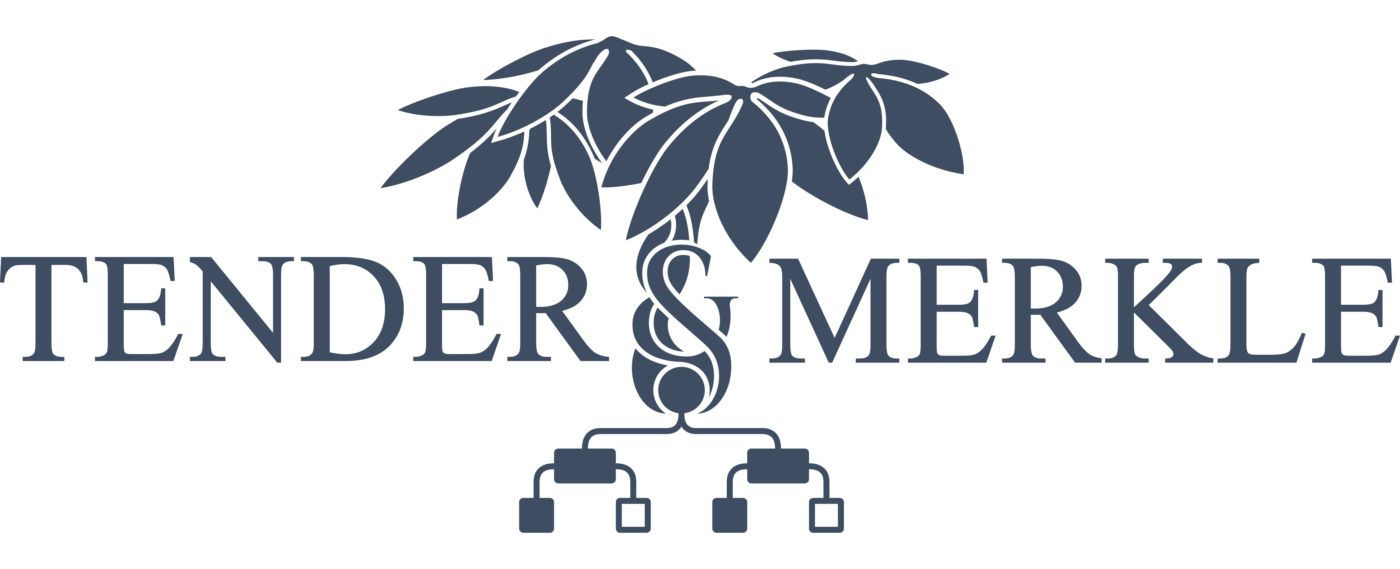Simply stated, ‘title’ refers to your lawful ownership of a property and your right to use, modify and transfer that property to other parties.
It is important that your title – your legal ownership of a property – is not in question or jeopardized. ‘Clear and free title’ indicates that your legal ownership rights are not compromised due to ‘defects in title’. Defective title can compromise and even completely strip you of your ownership rights to a property. A defect in title can be caused by:
- Open Mortgages
- Judgments/Liens
- Forged Documents
- Falsified Records
- Federal Tax Debt
Title insurance protects you for 100% of the property’s value against loss from defects or issues in the title to a property such as an unknown heir claiming ownership, improperly recorded documents, fraud, forgery, liens, encroachments and easements. Moreover, title insurance companies defend against lawsuits attacking your title, or in the case of a covered loss, reimburse the insured up to the full value of the home. Different policy types are subject to specific terms.
No. Most insurance types provide coverage for events that have not happened yet (e.g. a car accident or medical emergency). For example Homeowners Insurance protects you against fire, theft, or any other type of property damage. But what happens if a mechanic places a $50,000.00 lien on your property just days before you bought it? What if a grandson forges his grandparents’ signatures to convey their property to himself which he then sells to you? A Homeowner’s Title Insurance policy insures against events that occurred during the past history of the real estate property and with the people who owned it.


